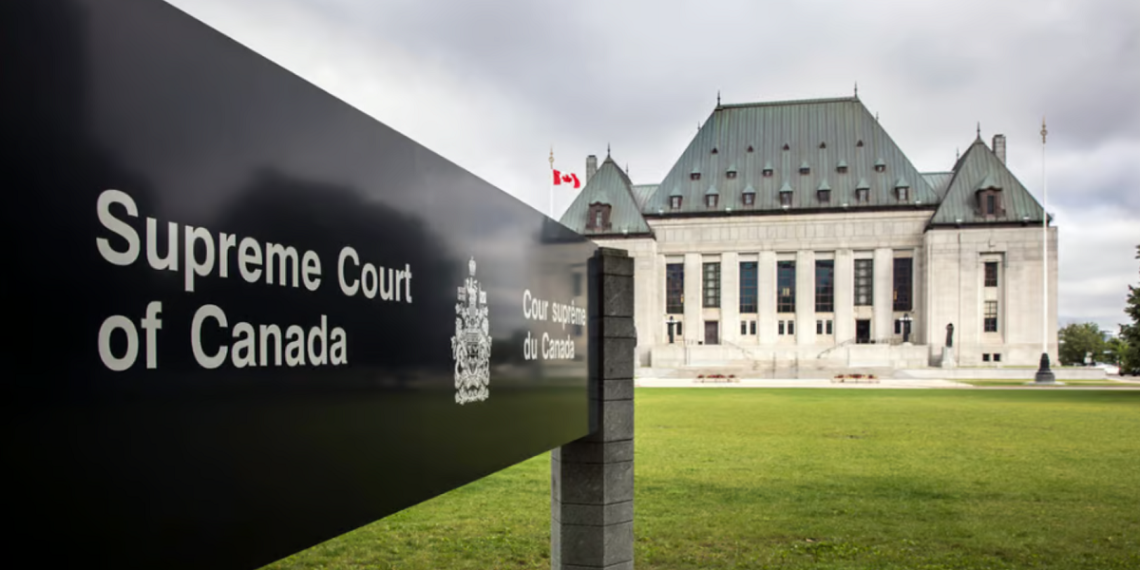The Canadian Supreme Court recently ruled that the Impact Assessment Act, previously known as Bill C-69, is largely unconstitutional. The IAA, enacted in 2019, allows federal regulators to consider the potential environmental and social impacts of various resource and infrastructure projects. However, the court found that the act exceeded the bounds of federal jurisdiction.
The act aims to integrate scientific information and Indigenous knowledge into decision-making processes related to designated projects. It provides an effective means of assessing the potential environmental and social impacts of a wide range of resource and infrastructure projects.
However, on 13 October 2023, the Supreme Court of Canada found parts of the IAA unconstitutional. The court ruled that the portion of the IAA addressing the assessment of “designated projects” is outside the federal Parliament’s competence and is thus unconstitutional. The ruling stated that it was too broad in its assessment of environmental impacts, and provinces had raised concerns that Parliament was acting outside of its federal scope.
In a 5-2 decision, Chief Justice Richard Wagner wrote that sections 81 to 91 of the IAA, which involve projects carried out or financed by federal authorities on federal lands or outside Canada, were constitutional. These sections were not challenged as unconstitutional. However, Wagner wrote that the balance of the scheme, involving “designated projects,” was unconstitutional.
A ruling such as this from the Supreme Court of Canada is not automatically binding but is traditionally treated as being binding by governments. David Wright, an associate professor in the Faculty of Law at the University of Calgary, noted for the CBC publication, that “the federal government is going to get to work very quickly to put together a suite of amendments to bring the act into conformity with the law”.
Wagner continued, stating that that environmental protection remains one of today’s most pressing challenges, and parliament has the power to enact a scheme of environmental assessment to meet this challenge.
“But Parliament also has the duty to act within the enduring division of powers framework laid out in the Constitution,” he wrote.
In response, Environment Minister Steven Guilbeault stated that Ottawa will be modifying its Impact Assessment Act to align with the Supreme Court’s ruling. Despite the court’s decision that the capital city overstepped its constitutional bounds with the 2019 Impact Assessment Act, the federal government is forging ahead with its ambitious plans to combat greenhouse gas emissions.












